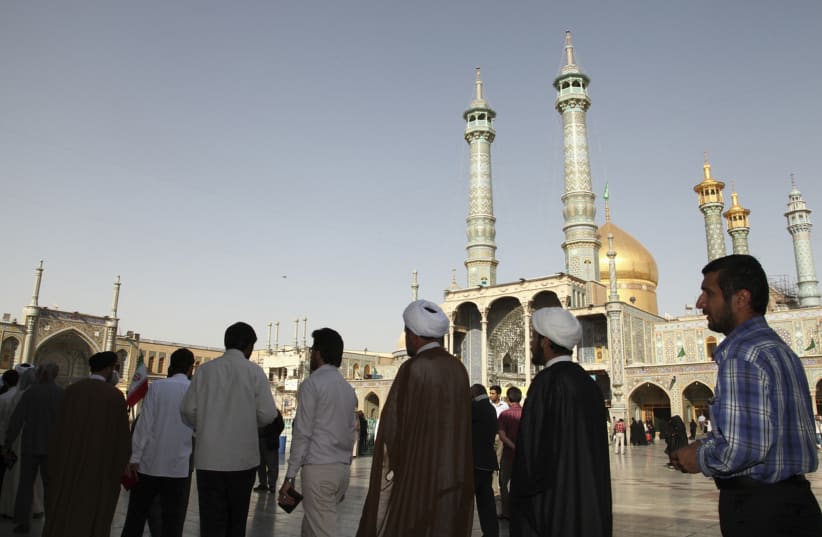The clashes culminated in a large rally in front of the Intelligence Ministry’s local office on May 16, 2018, according to Radio Farda.Kazeroun, located in the southern Fars province, is a “demographically volatile area” according to Radio Farda, due to the cultural and ethnic mix of city dwellers and nomadic tribes who live in the area.On Tuesday, another high profile case of murder occurred when former mayor of Tehran Mohammad-Ali Najafi shot and killed his second wife in her home, according to the Iranian news agency ISNA.The case has been surrounded by confusion as Najafi confessed to the murder after disappearing for seven hours after the murder and an inordinate amount of media coverage has been focused on the murder, according to Radio Farda.Interviews with Najafi at the police station showed him as unshaken and well-dressed, even as a state TV reporter emptied Najafi's gun and counted the bullets while explaining the murder in detail. Other videos showed Najafi shaking hands with the police chef and being treated with full respect. Even as he was escorted out, he smiled and remained without handcuffs.Najafi claimed that he only wanted to scare his wife, although he ended up firing the gun five times, hitting his wife twice with one hit to the heart. Different reports contradict on some details, including whether he turned himself in or if he was arrested, according to Radio Farda.Radio Farda found the amount of media coverage of the scandalous incident unusual, as Iranian media is controlled by the state. Usually very little information is published on scandals or sensational news. In this case, Iran's state TV news channel gave extensive coverage to the incident, including live broadcasts from police headquarters. News agencies and newspapers covered the event even more extensively with "impressive pictures," according to Radio Farda.Iranian social media users lashed out about the Najafi incident, making accusations of conspiracy and speaking out against the politically incorrect interviews and the lack of fairness.An increasingly popular anti regime chant in #Iran“Our enemy is here, but they always say it’s America”Kazeroun, Fars Province pic.twitter.com/fnzgwRjB4Q
— Alireza Nader (@AlirezaNader) April 18, 2018
Iranian Imam murdered in city known for anti-state protests
On Tuesday, another high profile case of murder occurred when former mayor of Tehran Mohammad-Ali Najafi shot and killed his second wife in her home.
